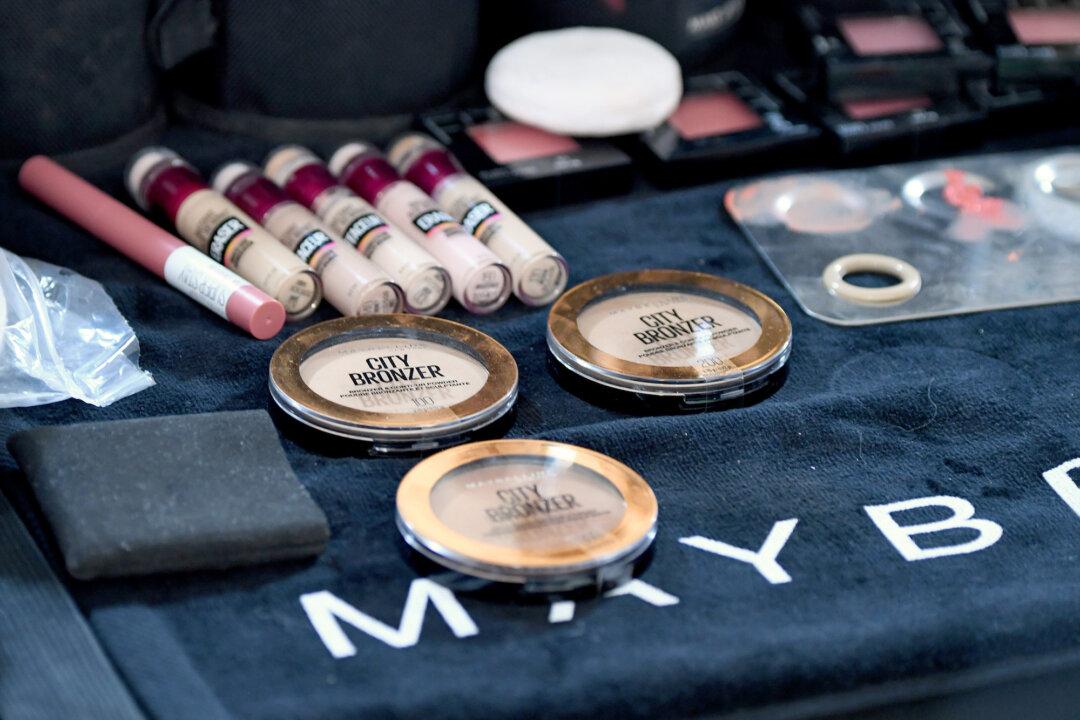Maybelline, the world’s biggest cosmetic brand, is facing a deluge of boycott calls over its marketing partnership with a bearded makeup artist who was featured in an ad trying on lipstick.
The advertisement, which was posted on Maybelline’s Instagram account on July 12 to coincide with Amazon Prime Day, shows social media influencer Ryan Vita promoting the brand’s makeup.





